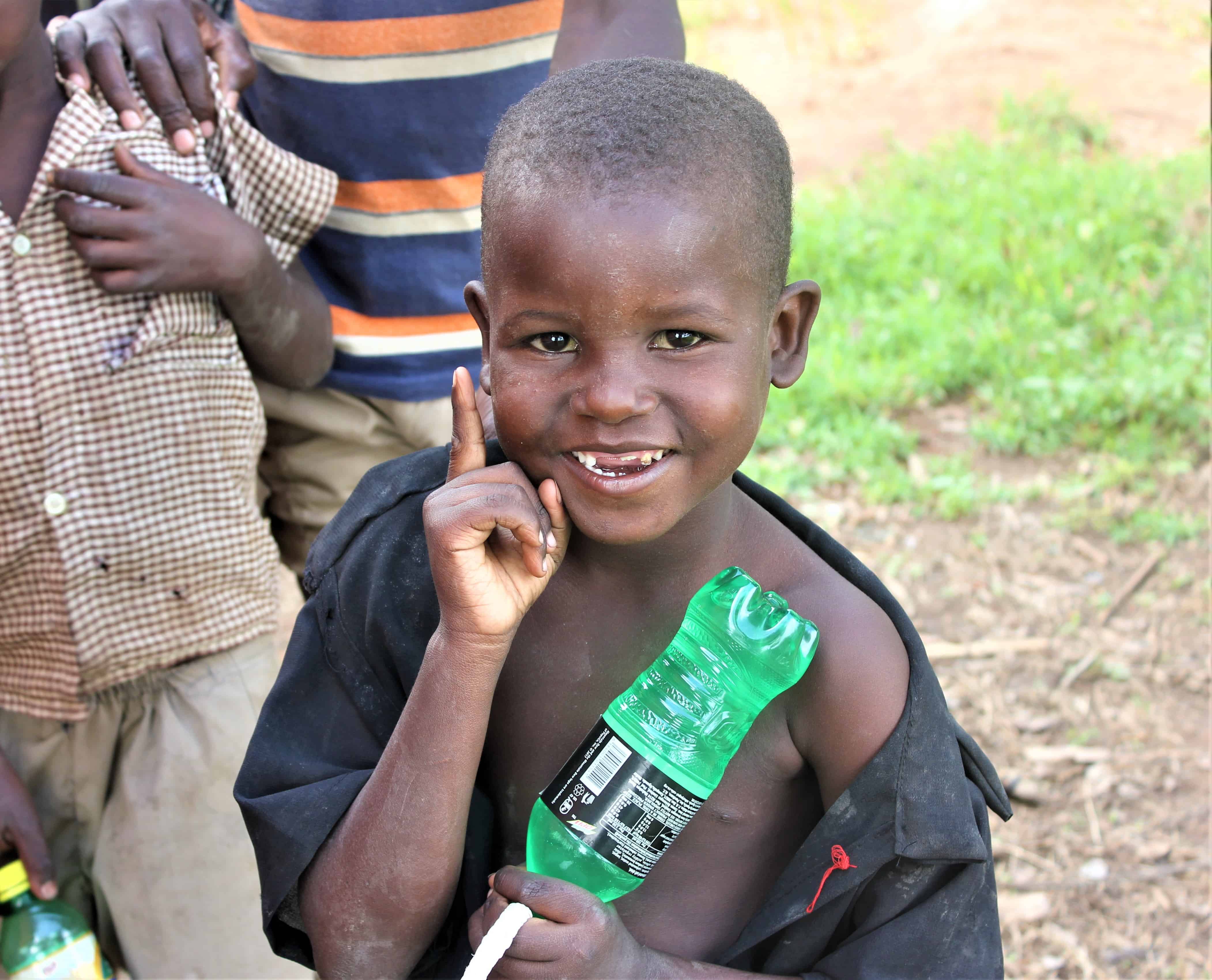Health workers at Hoima regional referral hospital have expressed concern over the increasing cases of obstetric fistula in women, especially young mothers.
Obstetric fistula is one of the most serious and tragic childbirth injuries. It leaves women and girls leaking and often leads to chronic medical problems, depression, social isolation, and deepening poverty, according to medics.
Speaking at the closure of an obstetric fistula free constructive surgery medical camp at Hoima Regional Referral Hospital on Saturday, Dr Ibrahim Bwaga, the hospital’s obstetrician and gynaecologist, said Bunyoro has the highest number of fistula cases compared to other regions.
He noted that 4% of the women in Bunyoro are suffering from obstetric fistula cases, attributed to early pregnancy.
He also blamed traditional birth attendants, who keep mothers under their attention and send them to facilities when it is too late, for exacerbating the problem.
He added that some districts do not have the facilities to carry out operations, and mothers have to travel long distances.
“As Bunyoro region, we have a challenge. Mothers have to travel 90 to 100 km to Hoima, and that is a very long distance. We need to improve in that area. Traditional birth attendants are still a problem. The Ministry of Health recommended that they shouldn’t delay women; these women deserve to be delivered in the hospital in the presence of skilled birth attendants,” he said.
He added that there were also large numbers of teenagers suffering obstetric fistula complications, and he blamed this on early pregnancy.
“Early pregnancy is also a problem causing obstetric fistulas, so with this challenge, I call upon parents to keep children in schools so that they can choose to get married when they are ready and also advise them against early marriage and sex,” he said.
Bwaga said this medical camp was organised by the Ministry of Health with funding from the United Nations Population Fund (UNFPA).
He noted that the operation started on Tuesday targeting 30 women but registered 42 patients, but they only operated on 40 mothers. He noted that only two mothers remained because their condition was complex and the treatment needed for them was not available.
He noted that during the operation, they also worked on women with birth injuries and uterine prolapse complications.
“Uterine prolapse occurs when weakened or damaged muscles and connective tissues, such as ligaments, allow the uterus to drop into the vagina,” Bwaga added, commending the funders of the camp.

